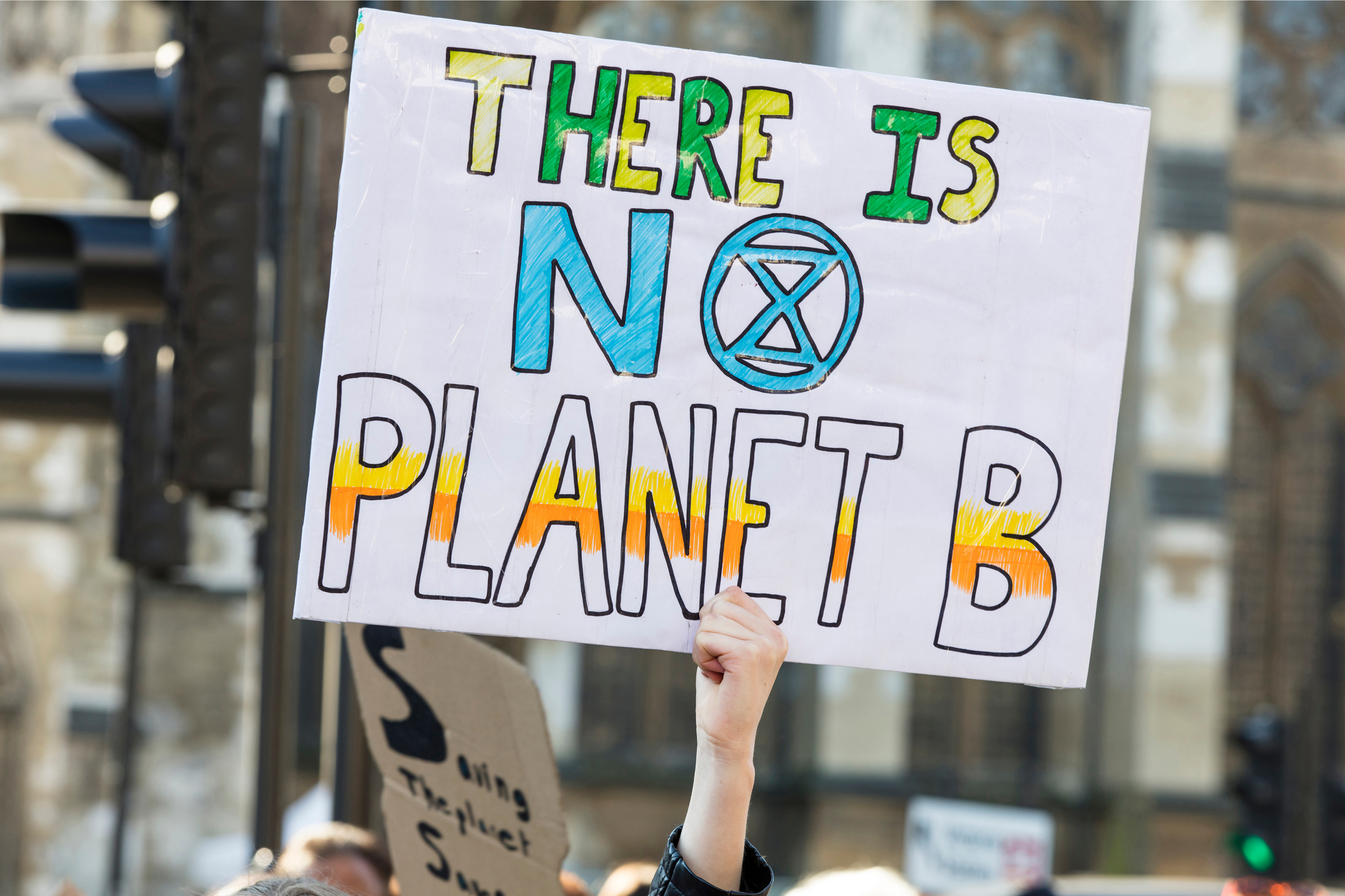Sign up for our free daily newsletter
YOUR PRIVACY - PLEASE READ CAREFULLY DATA PROTECTION STATEMENT
Below we explain how we will communicate with you. We set out how we use your data in our Privacy Policy.
Global City Media, and its associated brands will use the lawful basis of legitimate interests to use
the
contact details you have supplied to contact you regarding our publications, events, training,
reader
research, and other relevant information. We will always give you the option to opt out of our
marketing.
By clicking submit, you confirm that you understand and accept the Terms & Conditions and Privacy Policy
Linklaters has become the latest large law firm to pledge its support for reducing the environmental impacts associated with the international arbitration community by signing the Green Pledge, an initiative developed by the Campaign for Green Arbitrations.
The pledge, launched by London-based international arbitrator Lucy Greenwood in 2019, seeks to raise awareness of the significant carbon footprint of the arbitration community and encourage its signatories to commit to the campaign’s guiding protocols and reduce their carbon emissions.
By signing the pledge, the UK firm said it has committed to reducing its environmental impact through means including the use of video-conferencing as an alternative to travel, off-setting carbon emissions for any necessary arbitration-related travel and using suppliers and service providers who are committed to reducing their environmental footprint, where possible.
Ben Carroll, partner and global co-head of international arbitrations at Linklaters, commented: “We are committed to playing our part in reducing the environmental impact of the international arbitration community. Covid-19 has accelerated the pace of change in the arbitration arena, and we will continue to leverage technology to drive efficiencies for our clients and to reduce the carbon footprint of our industry.”
The firm pointed to the sustainability-focused work it undertook during the early stages of the Covid-19 pandemic, like taking part in one of the first fully virtual trials in the English Commercial Court and many subsequent virtual arbitration hearings.
Virtual hearings will remain a feature of international arbitration for the firm post-pandemic, some of which will take place in its special purpose-built virtual hearing room in its Silk Street office, it added.
Earlier this year, Linklaters also outlined its plans to cut its carbon emissions over the next ten years. It said by 2030 it will reduce its ‘Scope 1&2’ emissions – primarily related to energy use – by 70% and its ‘Scope 3’ emissions – which are primarily related to the purchase of goods, services and travel, by 50%. The Paris Agreement aims to limit global warming to 1.5 Celsius above pre-industrial levels.
Since it started gaining speed in 2019, the Green Pledge has attracted institutional support from big-name firms around the world, including Freshfields Bruckhaus Deringer, Allen & Overy, Herbert Smith Freehills and Pinsent Masons, as well as a number of international arbitration bodies and independent arbitration practitioners.
Other firms have been turning their attention to their environmental, sustainability and governance (ESG) agendas this year amid wider focus on sustainability issues across all corners of the legal industry. In July, Ashurst unveiled a series of sustainability goals developed by global sustainability partner Anna-Marie Slot, who was appointed back in December 2019. They build on its existing carbon neutrality plan, a roadmap that includes initial reduction goals for 2023.
In June, a group of leading law firms including Allen & Overy, Freshfields Bruckhaus Deringer, HFW and Simmons & Simmons signed up to the Greener Litigation Pledge, a commitment launched by Mishcon de Reya that commits to lessen the environmental impact of dispute resolution.
Email your news and story ideas to: [email protected]




